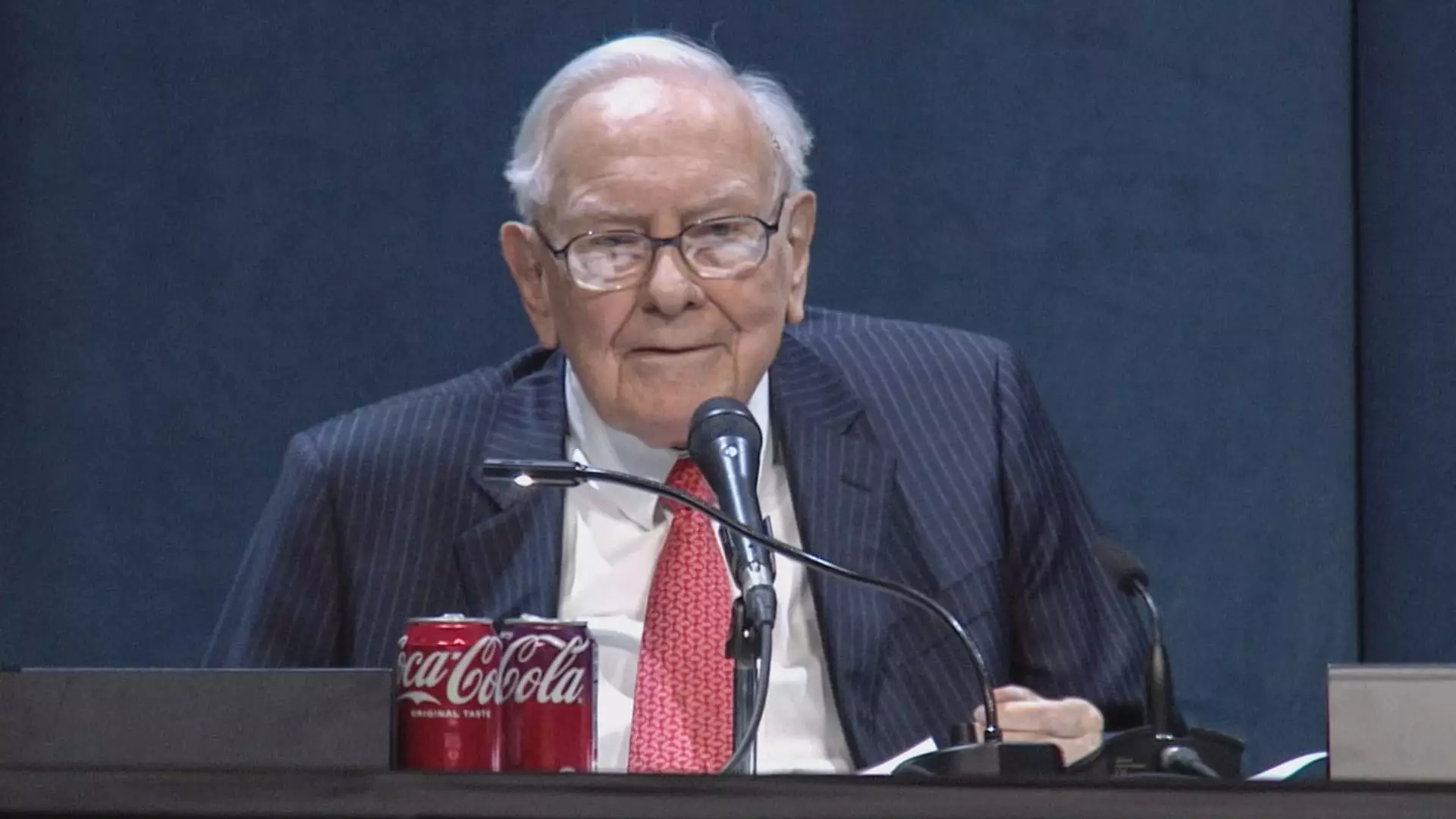Berkshire Hathaway’s recent financial report reveals a modest 4% decline in second-quarter operating earnings, a nuanced indicator of deeper issues lurking beneath the surface. While some sectors like railroads, energy, and retailing have shown resilience, the overall dip underscores a vulnerability baked into the current economic landscape. What is most unsettling is Berkshire’s explicit warning regarding the mounting impact of tariffs—an aggressive trade policy stance that threatens to destabilize long-standing business models. Such tariffs, promoted under the guise of protectionism, are in reality eroding efficiencies, trade relationships, and ultimately, the economic fabric of the United States. For a conglomerate of Berkshire’s stature to voice concern indicates a broader systemic risk that extends far beyond individual earnings. It’s a clear signal that short-term political maneuvering compromises the resilience of American industry at a critical juncture.
Market Uncertainty and the Illusion of Cash Hoards
Despite the cautious tone, Warren Buffett’s cash reserve remains at an astronomic $344.1 billion—an eye-popping sum in any context. However, this seemingly impregnable war chest offers little reassurance in the face of turbulent trade policies and geopolitical instability. The refusal to reinvest or repurchase stocks amid declining share prices suggests a strategic hesitancy rooted in uncertainty, not prudence. The unprecedented scale of the cash hoard reflects a realization that the economic environment is fundamentally unpredictable. It also reveals an uncomfortable truth: even the most seasoned investors acknowledge that policy turmoil dwarfs individual corporate tactics, making the future far more precarious than it appears. The message is clear—waiting for stability might be futile when policymaking itself is unpredictable and potentially destructive.
The Political Economy and the Dangers of Overreach
Buffett’s candid remarks serve as a powerful commentary on the broader political economy. The current administration’s trade policies, particularly the escalation of tariffs, are a populist response that risks undermining business confidence and global supply chains. While protectionism might appeal to certain domestic interests, it effectively isolates U.S. businesses from vital international markets. This shortsighted approach fuels economic uncertainty, suppresses growth, and jeopardizes American competitiveness. Buffett’s warning is a reminder that economic prudence and market stability are best preserved through sensible, open trade policies—not through relentless tit-for-tat tariffs that threaten to spiral into economic retaliation. For a centrist, this situation underscores the importance of pragmatic leadership that recognizes the value of steady growth over political posturing.
Resilience or Recklessness? The Future Awaits
The actions—or inactions—of Berkshire Hathaway reflect an industry at a crossroads. The decision to hold onto that enormous cash reserve and avoid share repurchases indicates a cautious stance rooted in the anticipation of stormy economic weather ahead. This reluctance signals a broader warning: overly aggressive trade policies and political volatility can ultimately erode the very foundation of U.S. economic strength. As the landscape shifts, only those firms with balanced risk management and a pragmatic approach to international engagement will weather the storm. Buffett’s prognosis—marked by uncertainty—should serve as a wake-up call. It is a stark reminder that excess optimism is misplaced in times of geopolitical upheaval. Entrepreneurship and investment require careful navigation, not blind faith in free markets. The real question remains: will policymakers heed this warning before it’s too late?

